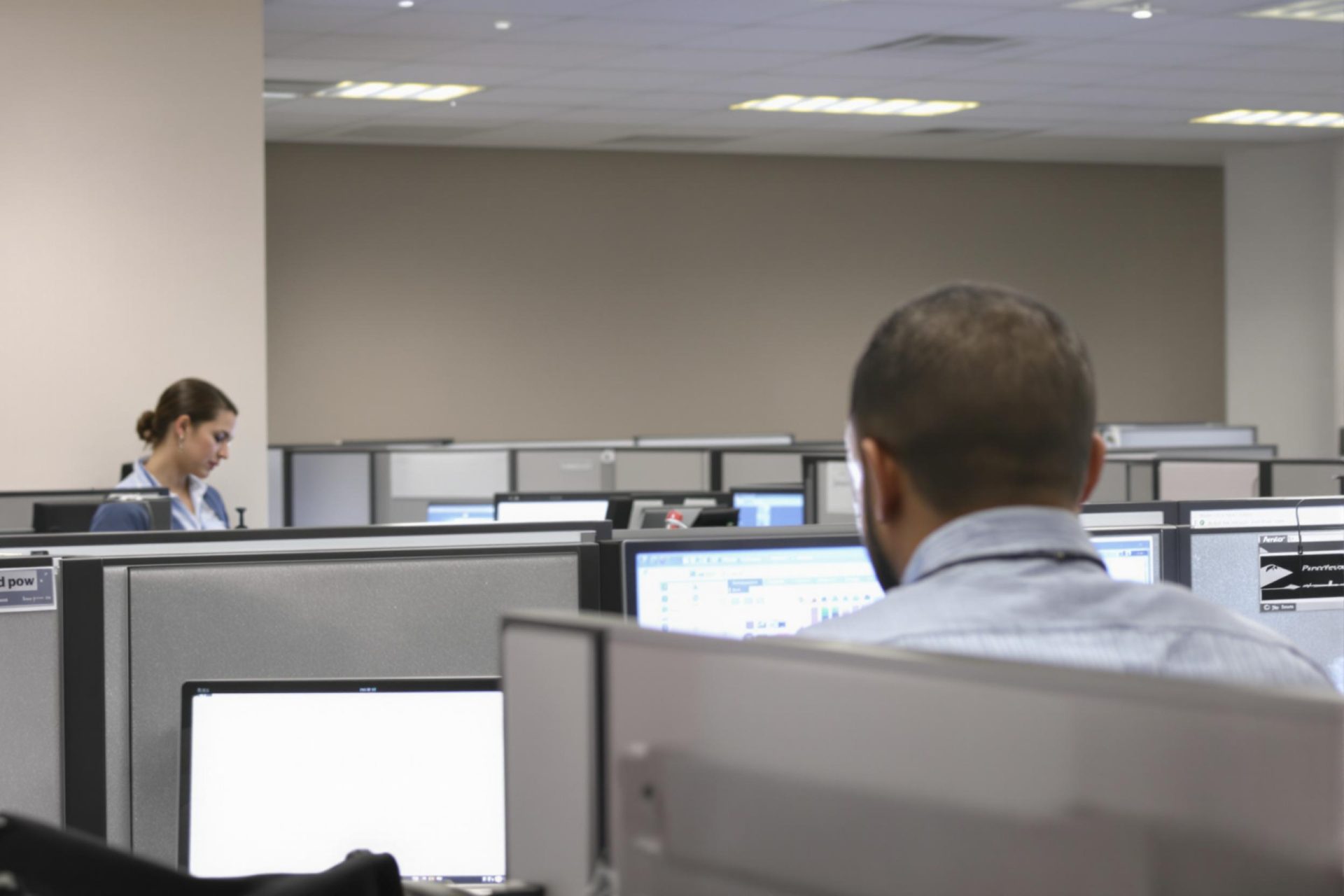Key Takeaways
- Using AI tools like ChatGPT at work can boost efficiency but may lead colleagues to view you negatively.
- Employees who use AI are sometimes perceived as less competent, less diligent, and lazier.
- This social stigma isn’t confined to specific groups; it appears to be a general bias.
- Managers who don’t use AI may be less inclined to hire AI users, while AI-savvy managers often prefer them.
- Negative perceptions can lessen if AI is clearly useful and appropriate for the task at hand.
New research from Duke University suggests using AI can be a double-edged sword, potentially boosting productivity while harming your professional image, as detailed in a report by Ars Technica.
A study published in the Proceedings of the National Academy of Sciences (PNAS) found that colleagues and managers may judge employees who use AI tools like ChatGPT, Claude, and Gemini more harshly regarding their competence and motivation.
Researchers Jessica A. Reif, Richard P. Larrick, and Jack B. Soll from Duke’s Fuqua School of Business noted a clear dilemma: AI can improve work output, but using it comes with social downsides.
Their team conducted four experiments with over 4,400 participants. The findings, presented in a paper titled “Evidence of a social evaluation penalty for using AI,” consistently showed a bias against those who get help from AI.
What particularly struck the researchers was how widespread this penalty was. The social stigma against AI use wasn’t limited by the user’s age, gender, or job type, suggesting it’s a general societal reaction.
In one experiment, participants who imagined using an AI tool at work anticipated being seen as lazier, less competent, less diligent, and more replaceable. They also felt less inclined to tell colleagues or managers about their AI use.
Another experiment confirmed these fears. When evaluating employee descriptions, participants rated those helped by AI as lazier, less competent, and less independent than those who used non-AI assistance or no help at all.
This bias can even influence real business decisions. In a hiring simulation, managers who didn’t use AI themselves were less likely to hire candidates who regularly used AI. Conversely, managers who frequently used AI tools showed a preference for AI-using candidates.
The study found that perceptions of laziness largely explain this negative evaluation. However, this penalty could be reduced if the AI was obviously helpful and appropriate for the specific task.
Interestingly, an evaluator’s own experience with AI played a significant role. Those in the study who used AI frequently were less likely to view an AI-using candidate as lazy.
The Duke researchers also pointed out that such anxieties aren’t new. Historically, new technologies, from writing tools in Plato’s time to calculators in schools, have often sparked concerns about their impact on users’ abilities.
This social impact could be a hidden hurdle for AI adoption in workplaces. Even if companies encourage AI, employees might hesitate, worried about how they’ll be perceived.
This concern seems to be playing out already, with some experts noting that many people use AI secretly at work, a phenomenon dubbed “secret cyborgs,” often due to company policies or fear of judgment.
Adding another layer to the AI workplace puzzle, separate research from economists at the University of Chicago and University of Copenhagen found that while many workers save time with AI, the technology can also create new tasks, sometimes offsetting those gains or even generating extra work for others.
Despite these complexities, the impact of AI on work continues to unfold. The World Economic Forum’s Future of Jobs Report 2025 even suggests AI could lead to a net gain of 78 million jobs globally by 2030, highlighting the ongoing and significant transformation in the world of work.



